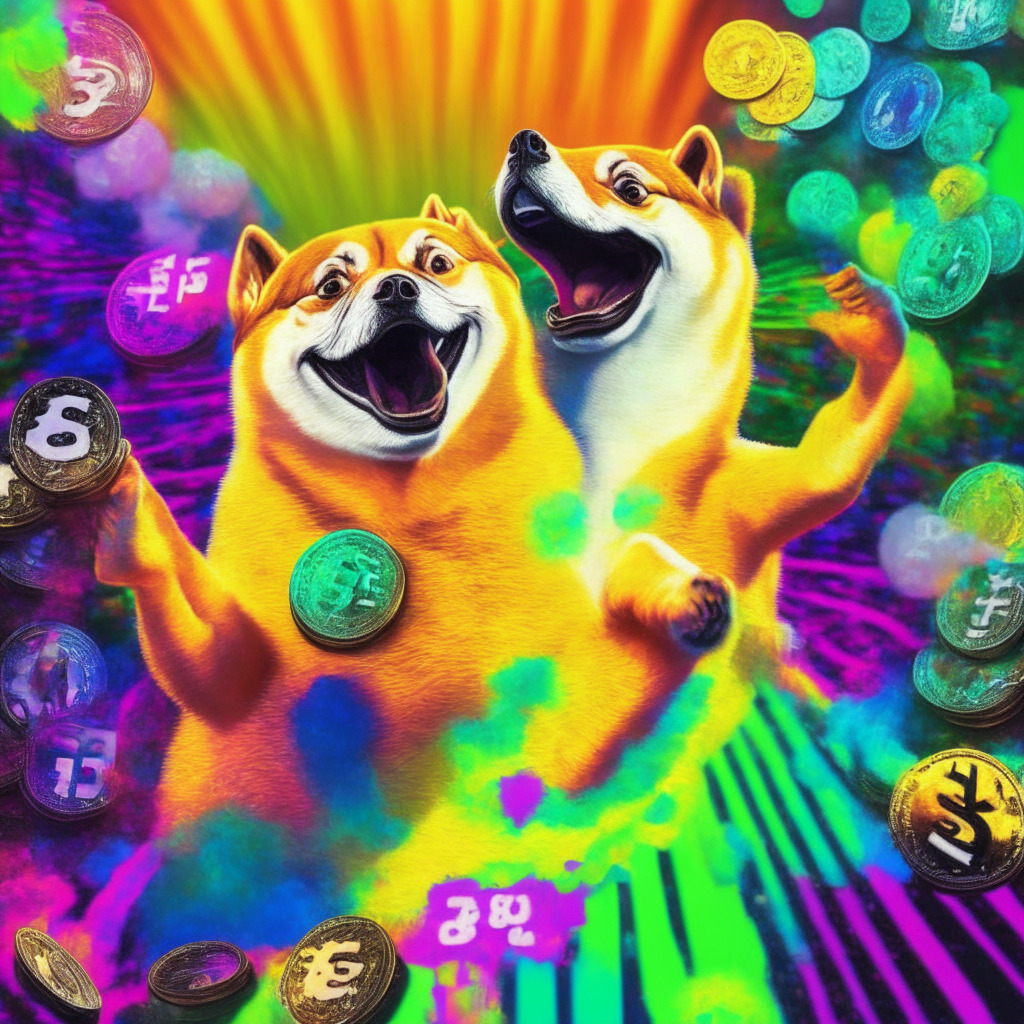Crypto enthusiasts have lately been drawn to the exciting world of memecoins like PEPE Coin, giving rise to new tokens and grabbing the attention of influencers like Andrew Tate. With the burgeoning popularity of these digital assets, concerns over ethical practices are starting to emerge, particularly when it comes to linking tokens with influencers. While this might trigger a cascading effect on market sentiment, it is important to examine if this trend actually benefits the crypto market.
In recent months, social media sensation Andrew Tate has been associated with three crypto tokens, despite neither seeking nor condoning the links. Unscrupulous actors have attempted to boost the popularity of tokens like PSYOP memecoin by connecting them with Tate. The influencer’s name was linked with ben.eth, who was involved in creating the token after identifying Tate as a potential buyer. Furthermore, when YouTuber Ben Armstrong expressed support for Tate following his arrest, the BEN memecoin shares a loose connection through Armstrong’s actions that ultimately impacted the token’s price.
Another digital asset, $SLUTS, was quickly created following a humorous tweet by Tate. Although Tate expressed his incredulity at how quickly the token was launched based on a joke, it highlighted the far-reaching consequences of digital content on the crypto market.
In a statement, Tate revealed that he holds over $100 million in cryptocurrency holdings. While he dislikes attending crypto conferences, he appreciates the benefits and strengths of established digital assets like Bitcoin and Ethereum. However, endorsing memecoins as a legitimate investment opportunity is not something he is keen on supporting.
Meanwhile, the Bitcoin price faces a bearish outlook amid a weak macroeconomic scenario in the United States, which could further influence the trajectory of memecoins and other digital assets.
Ultimately, the question remains: do these types of impulsive, unruly linkages between crypto tokens and influencers contribute to the greater good of the market? While it is true that crypto is often associated with the decentralized, alternative nature of the financial world, maintaining a certain level of ethical practices will not only raise the credibility of the industry but also provide a more stable foundation for future growth.
While some may argue that free publicity and excitement over memecoins could translate into potential gains, others consider it an unnecessary distraction from the genuine investment potential provided by other major cryptocurrencies. Only time will tell if these memecoins and their controversial connections will make a lasting impact on the crypto market’s overall health.
Source: Coingape




